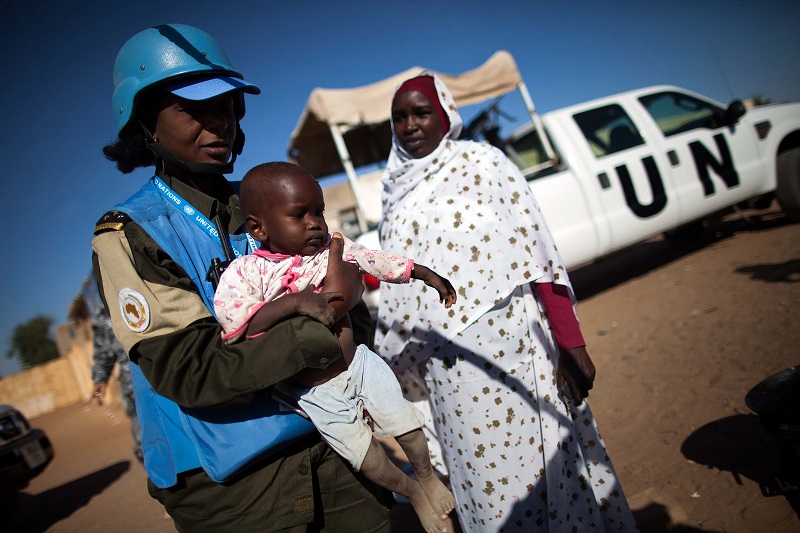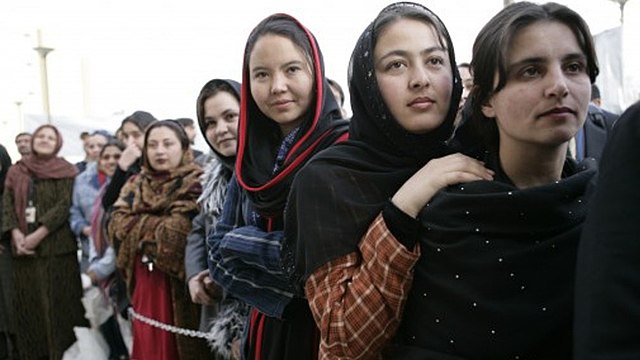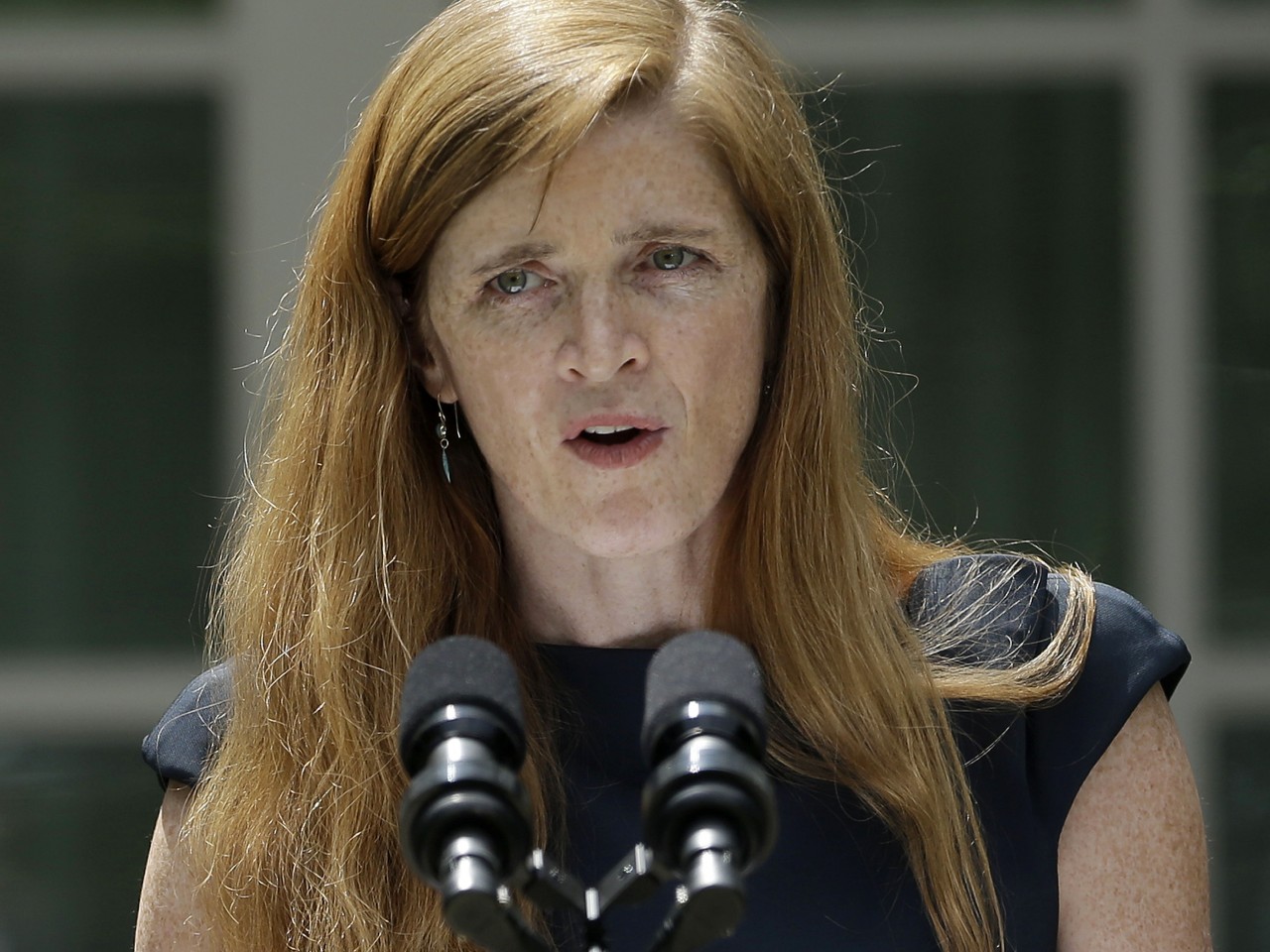Earlier this month, defence ministers from 80 countries gathered in London for the UN Peacekeeping Defence Ministerial. Topics on the agenda included: inclusion of more women in military and police contingents of peacekeeping operations, a zero tolerance policy on sexual exploitation and abuse by peacekeepers, and building rapid-deployment capabilities for contingents. Unfortunately, of the 80 country representatives in the room, only five of them were women, illustrating the very issue of underrepresentation that the conference was trying to tackle.
In terms of goal-setting however, the London ministerial was laudable. The communique released called for 15% of staff officers and military observer roles to be filled by women by December 2017. The overall goal is to double the number of women in military and police units of UN peacekeeping operations by 2020.
Currently, the Canadian government has voiced its support in favour of these measures. Canadian Minister of Defence Harjit Sajjan has publicly pledged to include more women in future peacekeeping operations. In addition, the Canadian government has pledged to deploy up to 600 troops to candidate countries such as Mali, the Democratic Republic of Congo (DRC), or the Central African Republic (CAR). The latter two countries have faced many sexual abuse allegations.
In 2015, it was revealed that children were sexually abused by French peacekeeping troops in a camp for the internally displaced in the CAR. More recently, in April 2016, the UN confirmed evidence of ‘transactional sex and sex with minors’ committed by UN peacekeepers in the DRC.
One major benefit of more women in peacekeeping is that it would help protect vulnerable groups such as women and children. For instance, according to a participant from an all-female unit deployed to Haiti in 2010, ‘For women it is easier to speak to a woman. Women, especially women in mission areas, are victimized for sex or gender based crimes so if women work for the UN as peacekeepers, civilian women can tell us everything that they can’t tell men. We can go much closer and are softer with the vulnerable groups, especially women and children.’
More women in peacekeeping contingents would encourage local women to report instances of sexual assault, especially in countries where it is taboo for women to speak to men outside their families. The past track record for female peacekeepers has been largely positive. For instance, in 2007, the UN deployed the first all-female police unit in Liberia. According to Col. Madhubala Bala, the unit’s commander, the female peacekeepers serve as role models for the local women and girls. Now, Liberian women make up 17 percent of the country’s security sector, versus only 6 percent before the arrival of the all-female policing unit nine years ago. Other instances of all-female peacekeeping units include a Samoan unit in Timor-Leste and a Rwandan contingent in Sudan.
Last but not least, the inclusion of women in peacekeeping operations could enhance human intelligence-gathering capabilities by establishing a rapport with the local population. For example, in Afghanistan, by gaining the trust of local women, ‘Female Engagement Teams’ were able to obtain important information about specific locations where the Taliban were recruiting.
Possible pitfalls of trying to achieve gender balance within peacekeeping operations include tokenism as well as legitimizing essentialist beliefs that women are naturally more peaceful than men, reinforcing gender stereotypes. In fact, according to researcher Olivera Simic from the Norwegian Peacebuilding Resource Centre, the assumption that the mere presence of more women in peacekeeping units will reduce the instances of sexual exploitation of locals by their peacekeeper colleagues can be harmful. For one, it shifts responsibility of preventing sexual assault towards women peacekeepers, rather than focusing on accountability and the prosecution of sexual violence committed by peacekeepers. As early as 2007, it was speculated that the deployment of women peacekeepers was a direct response to the UN’s damaged reputation following reports of UN units and their involvement in sexual abuse.
In short, the inclusion of more women in peacekeeping units should be enacted with the goal of promoting women’s rights and empowerment in mind rather than a public relations maneuver. With these principles and values in mind, Canada’s upcoming deployment to Africa could prove an excellent opportunity to demonstrate the effectiveness of gender equality in modern peacekeeping.
Photo: “Female Peacekeepers on the ground” (2013), by Albert González Farran (UNAMID) via Flickr. Licensed under CC.
Disclaimer: Any views or opinions expressed in articles are solely those of the authors and do not necessarily represent the views of the NATO Association of Canada.




